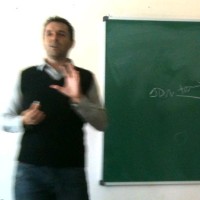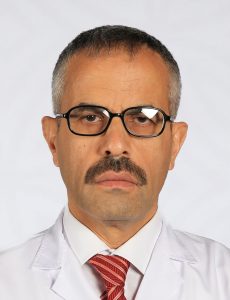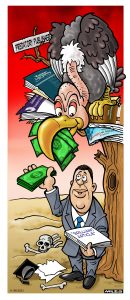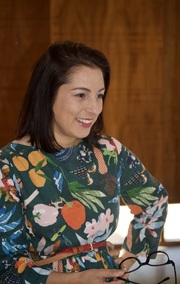Nearly three years after a university investigation committee recommended retracting several papers by a cancer researcher found guilty of research misconduct, the journal Cancer Research has pulled three of the offending articles.
The journal also retracted a fourth paper by the researcher, Samson Jacob, a former emeritus professor at The Ohio State University, which had been flagged on PubPeer.
In 2021, the OSU committee reviewed dozens of allegations against Jacob’s work, and found 14 of them met at least one of two evidence standards for research misconduct, as we reported in 2022. The allegations mainly centered on figures that appeared to be spliced together from different experimental runs, which was not acknowledged in the studies – a concern the new retraction notices also mention.
Continue reading Journal takes 3 years to pull papers by researcher who committed misconduct








